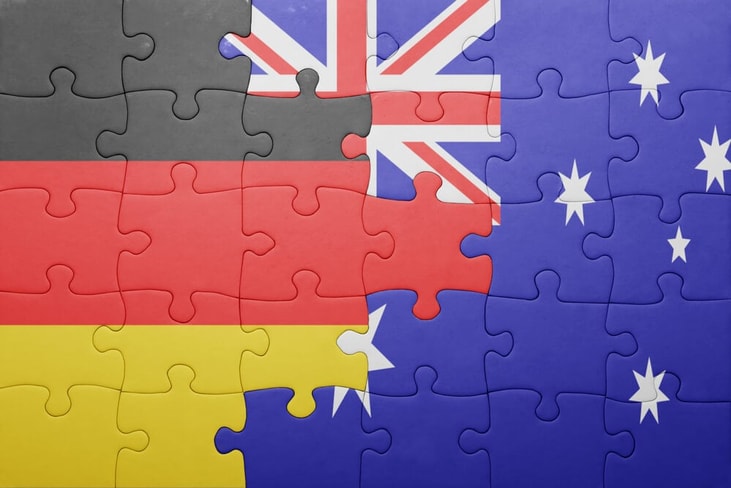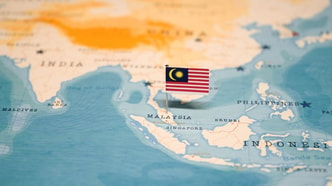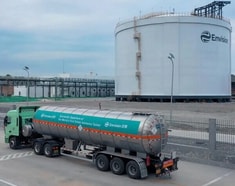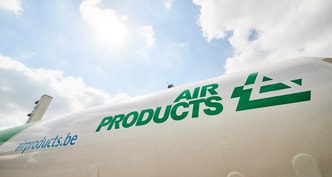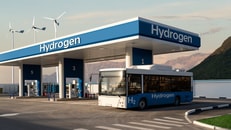Australia and Germany join forces on green hydrogen
Australia’s Tasmanian Government has signed a Joint Declaration of Intent (JDI) with the Free Hanseatic City of Bremen, in Germany, to collaborate on the development of green hydrogen.
The JDI identifies key priority areas for cooperation between the countries, including research, innovation and development, hydrogen and wind energy industry and business development, remote applications, climate change adaptation and hydrogen export/import opportunities.
Commenting on the agreement, Guy Barnett, Minister for Energy and Renewables, said, “Strengthening Tasmania’s cooperation with international partners like Bremen in the field of green hydrogen development is in line with actions under the Tasmanian Renewable Hydrogen Action Plan and the Tasmanian Green Hydrogen International Engagement and Export Strategy.”
The Tasmania Renewable Hydrogen Action plan outlines the vision to become a leader in large scale green hydrogen by 2030 to meet both domestic and export demand.
... to continue reading you must be subscribed

